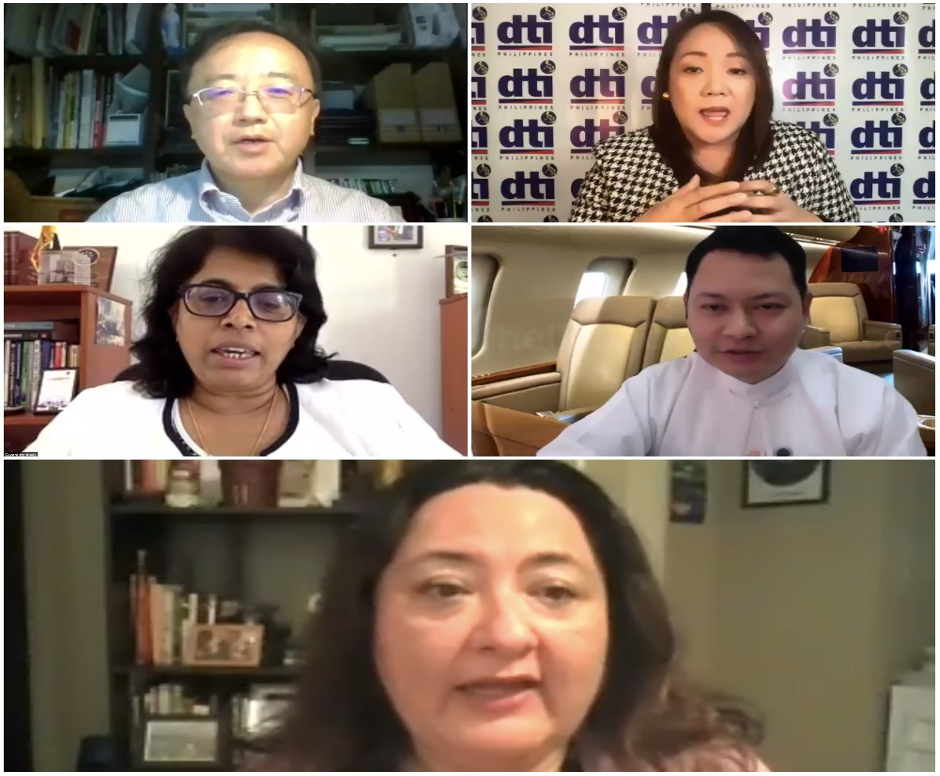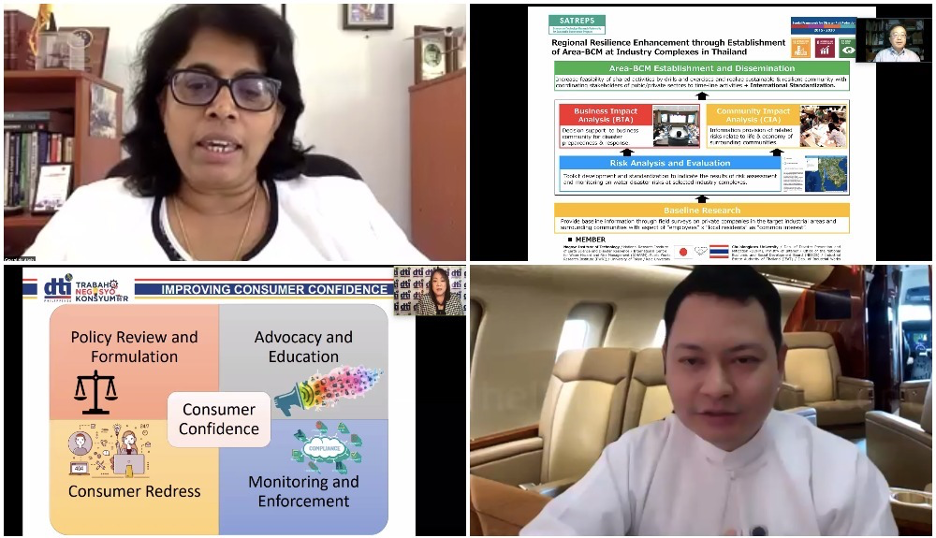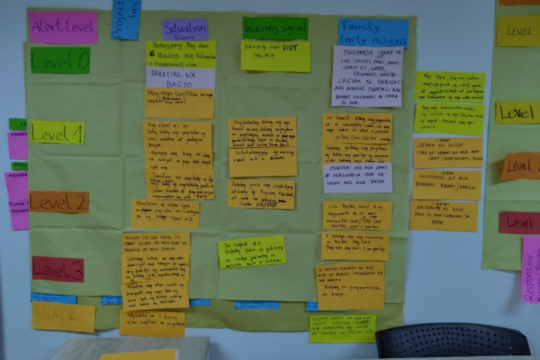The Asian Disaster Preparedness Center (ADPC) conducted its second webinar through the South-South learning facility of the Asian Preparedness Partnership (APP). The webinar was organized as part of the initiatives of APP Regional Technical Working Group on ‘Advancing the Private Sector Engagement in Disaster Risk Management’ and the iPrepare Business Facility of ADPC. Held on September 23, 2020, with the theme ‘Resilience in the Private Sector: Amplifying the Sustainable Development’, the event generated 558 users and 390 unique online viewers. The webinar focused on how resilience must be an inherent aspect of addressing the impact of COVID-19 and other disasters on businesses and society in order to amplify the growth and achievement of Sustainable Development Goals (SDGs).

The moderator, Ms. Pilar Pacheco (Senior Program Officer, Emergency Response, Bill & Melinda Gates Foundation), emphasized that the webinar would impart a better understanding of resilience in business practices and the benefits of its application. She framed the webinar as an insightful opportunity, “We wish [for the participants to] learn from the practical examples of how business practices can address the pandemic while building resilience against future disasters including other pandemics.”
The first panelist, Ms. Ruth Castelo (Undersecretary for Consumer Protection, Department of Trade and Industry, Philippines), discussed how the government has created an enabling environment for businesses to flourish amid and beyond the pandemic. She linked confidence as a tool for greater resilience, “We all understand and agree that by strengthening consumer protection we are likewise building consumer trust and confidence in businesses. We want to encourage everyone to start going out, spending, and being confident in their activities outside their homes so they can help the economy and businesses recover.”
She was followed by Mr. Kyaw Dewa (Joint Secretary General, Union of Myanmar Federation of Chambers of Commerce and Industry; APP Regional Technical Working Group Member, Myanmar) who expounded on how the Union of Myanmar Federation of Chambers of Commerce and Industry (UMFCCI) COVID-19 Task Force supports businesses. He commended the government’s effort in guiding the private sector towards economic recovery, “In order to recover from the ill effects of COVID-19 and achieve quick economic recovery, the UMFCCI has participated in the special national tripartite dialogue forum of the government, business owners, and workers.”
Ms. Gayani de Alwis (Global Chairperson, Women in Logistics and Transport; Immediate Past Chairperson, Chartered Institute of Logistics and Transport Sri Lanka; Founding Chairperson & Advisor WILAT Sri Lanka; Board Member of Women’s Chamber of Industry and Commerce, Sri Lanka) elaborated that the motivation behind WILAT was the low participation and unfriendly attitude towards females in the logistics and transport sector. She explained the formation of a global community to raise awareness regarding COVID-19, “We had experts from around the world and it started with those who had tackled the measures of the lockdown early on. They shed light on mentally preparing yourself and managing stress when working in confined spaces while managing your day to day operations. We managed our understanding to share best practices.”

The final panelist, Prof. Kenji Watanabe (Principal Investigator, SATREPS, Area-Business Continuity Management, Project in Thailand; Professor, Graduate School of Social Engineering, Nagoya Institute of Technology, Japan) led the Regional Resilience Enhancement through Establishment of Area-BCM at Industry Complexes in Thailand. The project seeks to improve coordination across the sector in the events of floods. Prof. Watanabe and his team devised a methodology to pursue such actions, “When we know a disaster is coming, we need some framework to coordinate among the stakeholders. Our project focused on protecting people and businesses from floods but it has to expand into other disasters such as COVID-19 and digital attacks.”
A question & answer session with the panelists concluded the webinar. Overall, the webinar reiterated that understanding the primary risk and developing the capacity to adapt to any kind of disruptive event is essential in building the resilience of businesses. Enabling policy support, gender considerations, partnership with the government, and collaboration with all the concerned stakeholders including the communities are imperative to optimize resilient practices in the business sector.
You can catch the full webinar on the following link: Video
Stay tuned to Facebook, Twitter, and the APP website for details on upcoming webinars!


